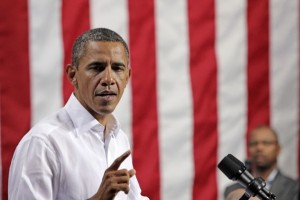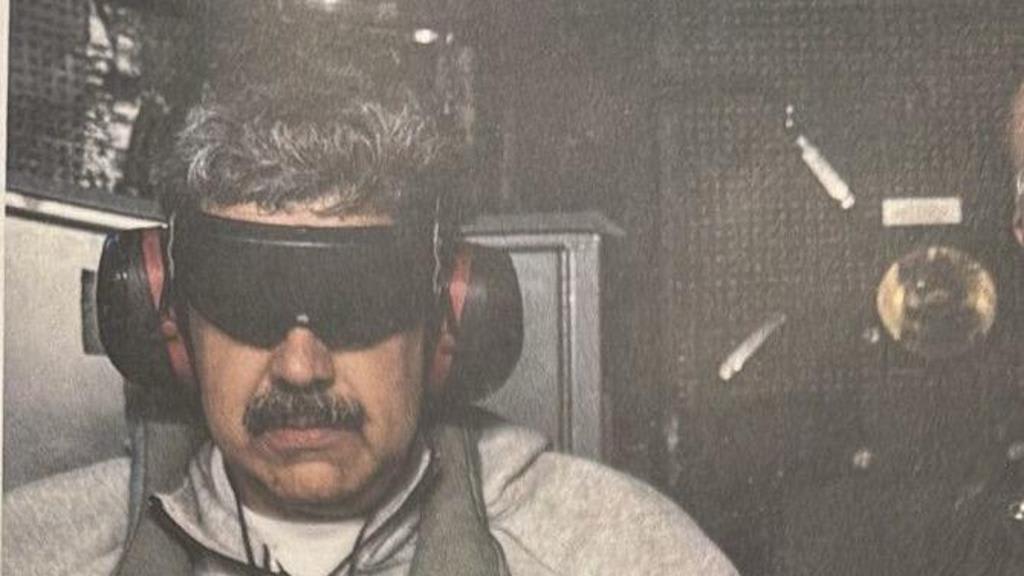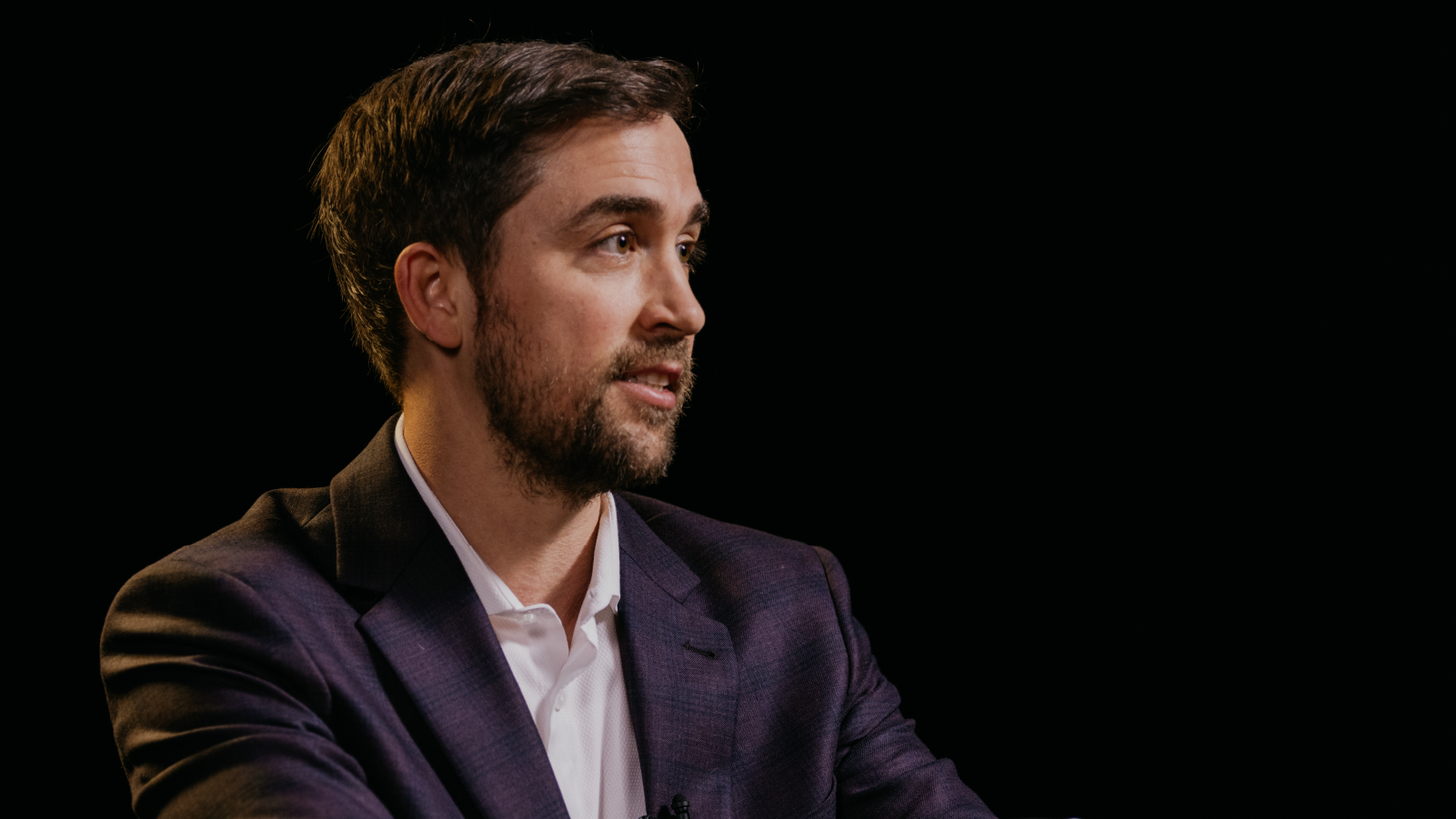(ThyBlackMan.com) Socioeconomically speaking, black America is in a rut — a very long-lasting rut. At 13.6%, black unemployment remains nearly double that of their white counterparts and higher than it was in 2008. Despite national trends which bally-hooed an inexplicable drop in January from a 2011 average of 15.8%, the economic situation for African Americans remains as comparatively low to that of whites as it has been for the past 50 years. According to Rashad Robinson, the executive director of http://ColorofChange.org, the nation’s largest online black political organization: “There is a lot of work that still needs to be done to ensure that the harsh economic realities Black people are faced with changed in the next 4 years.”
Yet despite this, President Obama’s national approval ratings among African Americans remain consistently high, with some polls placing it as high as 91%.
This apparent paradox has intrigued and even perturbed much of the political establishment for the past four years. Republicans, liberal thought leaders, and the black intellectual class have bandied about questions since it first became apparent that President Obama, despite the moving tributes and mashup videos, was no Martin Luther King.
They ask: Do black folks support him simply because he’s black? If things are so bad in black communities, how can they keep standing behind the President? If he’s not pushing a “black agenda” why does he get such a high approval rating? Are they under the mistaken impression like many Americans were during the Clinton years that things are better than they really are? Why aren’t African Americans more angry and blaming Obama for things not being dramatically better in their communities than they were 4 years ago?
While there are many valid and complicated answers, there is one possible explanation that truly honors the political maturity and intelligence of the African- American electorate and provides a critical alternative to the problematic Samuel L. Jackson “blacks blindly support blacks” narrative:  African Americans knew better.
African Americans knew better.
The scale to which and rate by which most black voters expect to see immediately measurable economic and social change, particularly after decades of harmful policy, is grounded in the reality of a long political history. Simply put: African Americans may have had a more nuanced and realistic understanding of this Presidency to begin with. Their expectation of what would or could occur in four years, particularly in a targeted race-based way, was tempered from the beginning. And this expectation remains largely disconnected from Obama’s popularity, the latter of which is based on a host of other factors. Why?
“By any empirical, historical measurements of black affluence, black people haven’t ever done as well as other groups,” says Sam Fulwood, a senior fellow at the Center for American Progress. “Health, income, education, wealth accumulation, etc. When you’ve lived that experience for generation after generation you don’t believe that one change in the White House is going to change your life.”
African Americans have historically had less trust in government than other demographic groups (although that changed for a brief moment in 2010). Within that troubled relationship, the heroes and villains of most African American political folklore are often mayors, governors, judges, city councilmen, and a host of other actors that often have more of an impact on the day-to-day lives of black folks than the President. So it could be said that African Americans were happy and hopeful about the potential impact of the Obama Administration — but not overly expectant.
Black people aren’t stupid. Fulwood says that the irrationality of the high approval/low economic outcomes dichotomy isn’t on the part of African Americans for supporting the President over the past four years but “on the part of observers who look at black political behavior and think it should be something other than what it is.”
Unlike during the Clinton Administration when nearly 30% of African Americans held the false perception that their economic situation was better off than that of whites, blacks are aware that despite some clear victories, a wealth of dire economic woes persists.
In fact, according to Pew, although “upbeat,” black assessment of the economy remained steady pre-Obama in December 2006 to post-Obama in December 2009. To put it another way, even though African Americans are increasingly optimistic about the future (even more so than whites) they have remained consistent in their reality-based perception of the current economy. And African American leaders, like Robinson are deeply troubled by that reality. So now what?
While this history and lived experience may in fact be a reason to expect less from a President – and therefore have fewer disappointment-induced lows in approval ratings – it shouldn’t necessarily cause African Americans to demand less. For black voters who choose to remain married to Barack Obama, for reasons not that different from the way other demographic groups select a candidate, the question of why the “love” remains becomes increasingly irrelevant. The more powerful question to a leader with such high approval ratings then becomes “What kind of marriage do we want?”
“This is not just a story of what happens on 1600 Pennsylvania avenue, but its also about the work that every day people can do to raise their voices and push for change on the local and national level,” Robinson says. This is where it becomes important for voters to have a contextualized analysis of the socio economic state of black America, in all of its ugly, discouraging glory; not to shift public opinion and support from where it organically falls but to lay out a concrete, metrics driven policy agenda. Voters should continue to challenge the President and all other candidates and elected officials who claim to represent them and their interests, to a deeper, more radical, demonstrable commitment to the relationship and the plight of African Americans. Whether or not that agenda is connected to the President’s approval ratings and popularity is inconsequential. What black folks demand in return for their love is not.
Written By Erica Williams
Official website; http://www.twitter.com/ericawilliamsdc

















So many establishments believe Blacks are limited in our range of understanding when it comes to American politics when in fact, a history of making a way from no way has inadvertently prepared us for persistently difficult times and unfulfilled promises.
Apathy is our most tragic disease–while I reject the idea that the majority of Black people blindly support our Black leaders from an uninformed stance, I, too, have suffered inertia, particularly when it comes to our convoluted political process, which rewards lack of progress and heinous conduct on the part of some and condemns the educated, idealistic and well-intentioned.
Blacks Are Not Stupid!!!
When most brothers and sisters are informed of the anti-Black legislation and policies of this President and his Administration, they are outraged and puzzled just as you are. There is no deep and great discovery to made here as to why Blacks behave the way they do. It is COMMUNICATION, COMMUNICATION, and COMMUNICATION!!! They just don’t know. The only communication outlets which are doing any up close and critical analysis of this President’s performance and how it affects the Black community are web sites like this one which are largely not even known in the Black community. We who are informed have to keep making the case that this President needs to deal with our issues. There is something else we need to do too; we need to unite around a common remedy. While it is alright to complain, we need to offer solutions at the same time, that the Black community can support and say forthrightly to this President and the now disenchanted members of the House of Representatives who parted ways with the President over the Tax Holiday Plan, this the path we should follow.
http://www.change.org/petitions/how-to-create-jobs-now-join-us
The article covered a lot of ground. The passage that struck me as interesting I lifted from the article stuck in my mind, and pointed out in quotes.
“Within that troubled relationship, the heroes and villains of most African American political folklore are often mayors, governors, judges, city councilmen, and a host of other actors that often have more of an impact on the day-to-day lives of black folks than the President”.
When we add our congressmen to that list of politicians, we have a group that is more dependent on our vote to get and stay into office. A block of like minded voters, would have more power when lobbying a Congressman or Mayor to work for things that affect our everyday lives.